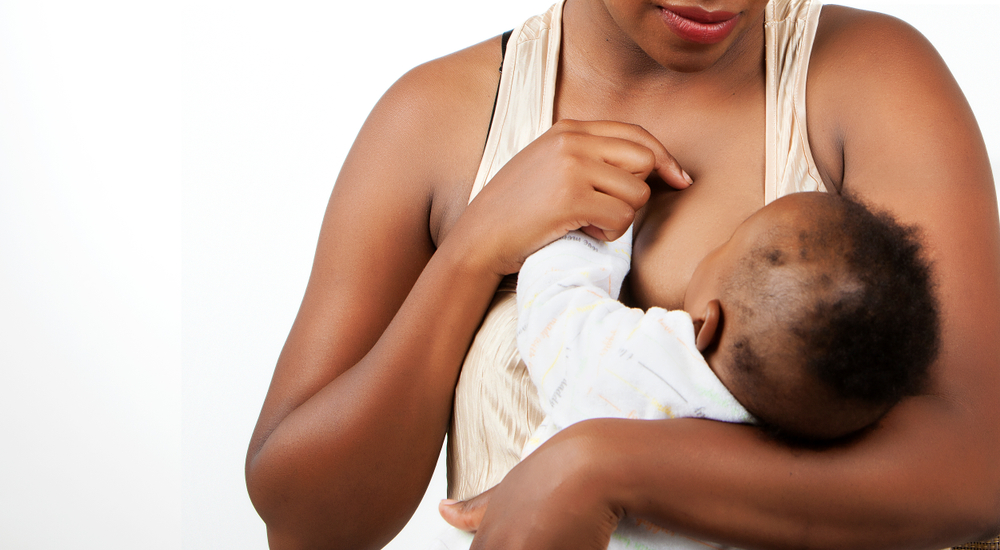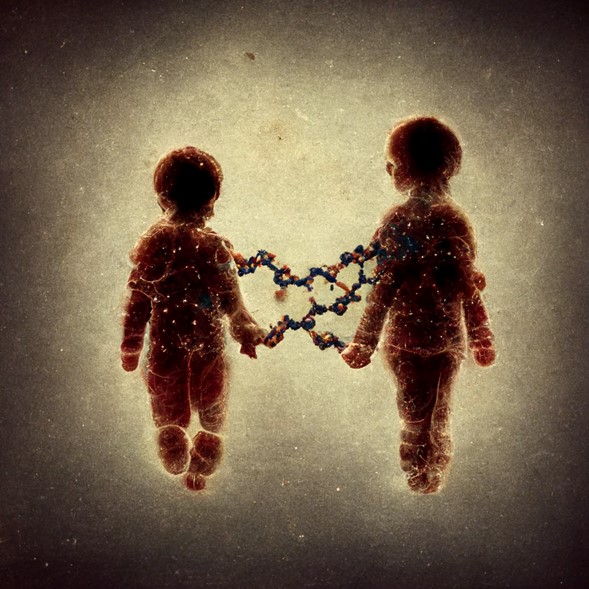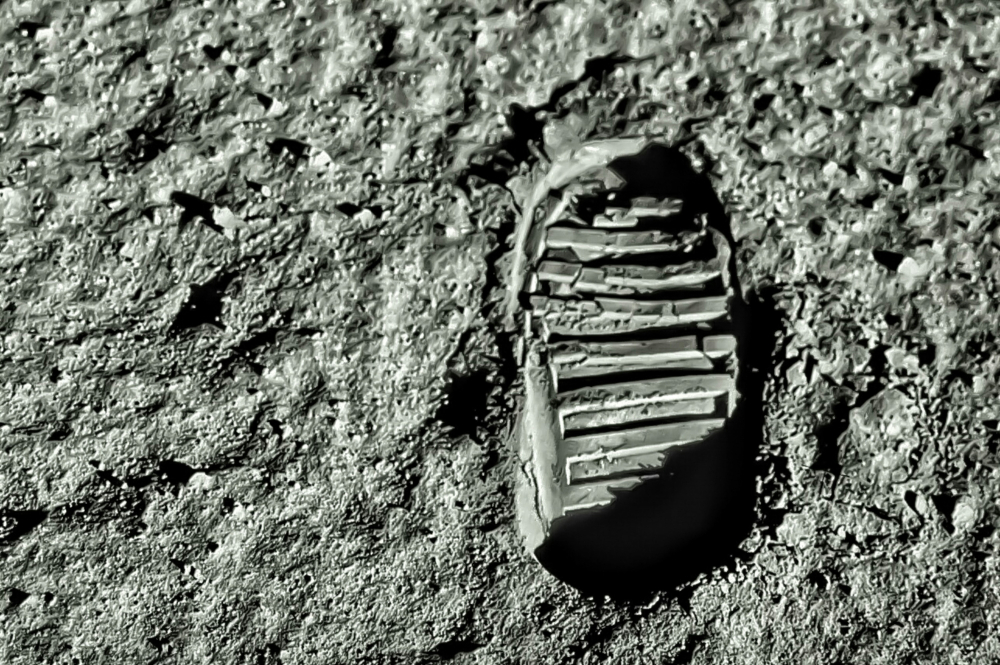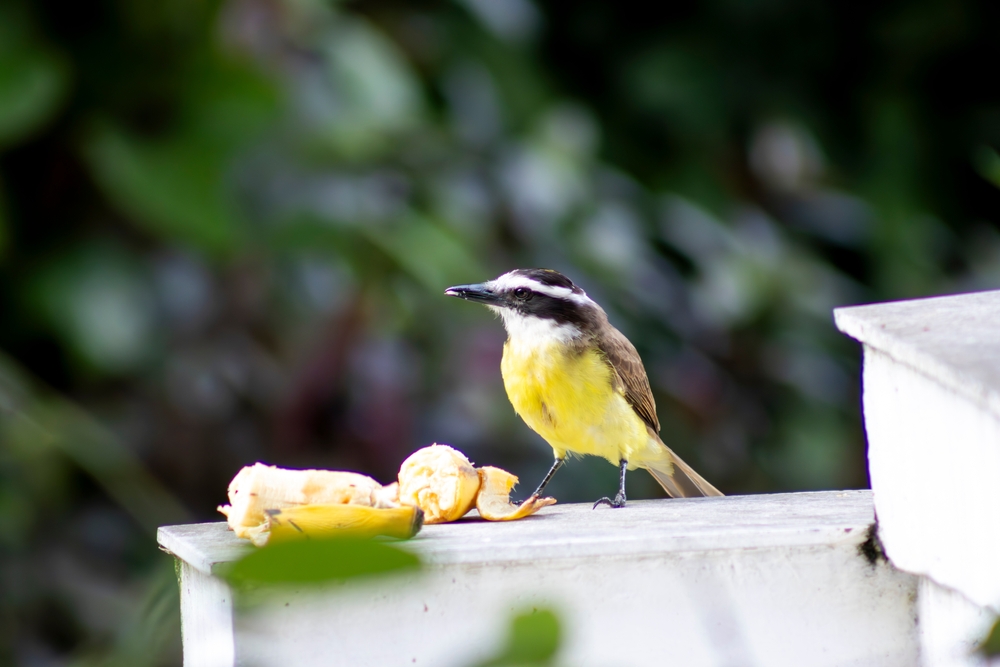 #Columns
#Columns
The genetics of love
Growing number of studies suggest that affection and bonding between partners are influenced by genes
 Imagem criada por IA (programa MidJourney)
Imagem criada por IA (programa MidJourney)
Could dating apps incorporate people’s genetics in the near future? Alongside cooking, good grammar, and a well-groomed beard, men might be able to include on their profiles that they have the “good” versions of certain genes.
A growing number of scientific articles suggest that affection and bonding between partners are influenced by genes. Rodents of the species Microtus ochrogaster, for example, are one of the world’s few monogamous mammal species. Studies suggest that the amount of receptors for the neurotransmitters oxytocin and vasopressin induced by pairing is enough to make them “happy” in a monogamous relationship. Their cousins from the species Microtus montanus, however, have fewer of these receptors and are extremely promiscuous. And the most interesting part is that if scientists give these cousins oxytocin and vasopressin, they become monogamous.
Similar results were seen with another mammal: humans. Men with the 334 allele of a gene that regulates vasopressin (AVPR1A) have more crises in their marriages (and their wives report being less happy) than men without this version of the gene. Another serotonin-related gene, 5-HTTLPR, also comes in two versions in the human genome, one long and one short.
People with two short versions (with one version received from their father and one from their mother, so no parent can be blamed) suffer more in bad relationships but have more fun and are more passionate in good ones. These people are dubbed emotional roller coasters. People with two long versions of this gene tend to care less about the ups and downs of a marriage.
Finally, individuals with the GG genotype rs53576 variant of the oxytocin receptor encoding gene show more empathy and tend to be in happier relationships.
Humans are obviously not rodents and we cannot blame genetic determinism for the end of a relationship, but it is now undeniable that a couple’s happiness can be partially influenced by their genes.
It is time to accept it. You can do couple’s yoga, read self-help books, go on a cruise, take advice from that aunt who understands relationships, but you cannot change the genes you were given.
As genome technologies become cheaper, it will become ever easier to find out which versions of genes you and your partner have. Then, phrases like “men prefer blondes but marry brunettes” could be replaced by “women prefer short genes but marry long ones.”
*Helder Nakaya is an immunologist and senior researcher at Einstein Hospital.
*
This article may be republished online under the CC-BY-NC-ND Creative Commons license.
The text must not be edited and the author(s) and source (Science Arena) must be credited.





